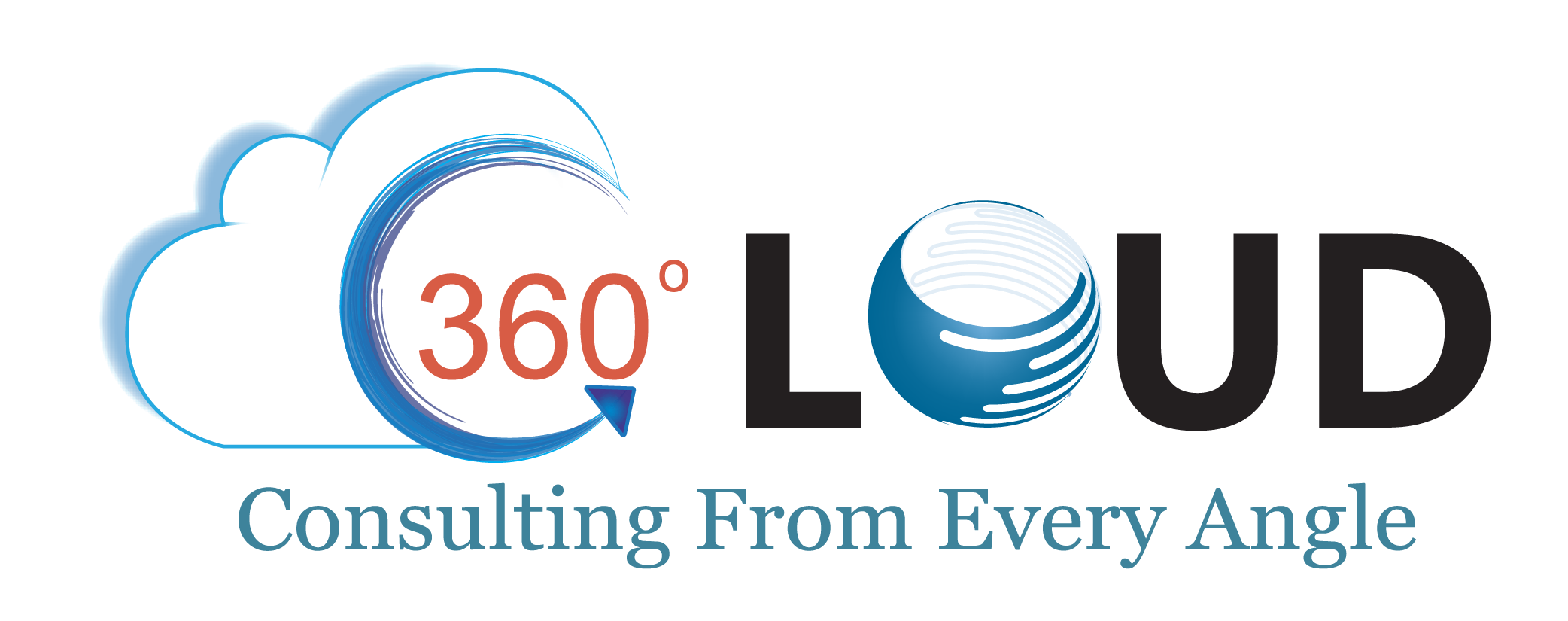Salesforce Certified Consultants: What Does Their Schedule Looks Like?
04 May 2023
Table of Contents

Any company using Salesforce would always need a Salesforce consultant to manage tasks. But have you ever given a thought about what these consultants actually do? The role of Salesforce certified consultants can be both challenging and exciting.
According to a new study by IDC, the Salesforce economy will be creating around 9.3 million jobs by 2026, and that’s a sign of the increasing demand for Salesforce professionals. And usually, it’s the Salesforce consultants that businesses ask for. Being a Salesforce consultant is a client-facing role. It majorly involves working in parallel with the client about their project, along with being updated about any new Salesforce releases that you could implement for clients to ensure their business follows the best practices of the industry.
When we talk about the schedule of a consultant, a lot has to be mentioned. From the beginning of the day to the end, they have a lot of responsibilities toward clients that they have to fulfill to provide top-notch Salesforce consultation. So, let’s get started to understand what consultants do and what their typical days look like.
Table of Contents
Value Salesforce Certified Consultants Adds to a Business
For the Salesforce partner ecosystem, Salesforce consultants are the services arm that keeps the operations running. Clients seek the consultants’ expertise in the form of advice that could help their business function properly and grow.
Consultants have a deep knowledge of Salesforce and can advise clients about implementing custom Salesforce solutions that could help them meet their organizational goals. They work directly with clients, maintaining clear communication to understand their business requirements, challenges they face, pain points, and their business workflow.
Also, they have the knowledge and understanding of the platform to provide Salesforce consulting and suggest the best suitable strategies for customers about Salesforce solutions or integrating their org with other applications. Not only this, but they also offer support and training to potential end users to ensure successful user adoption.
Day-to-Day Responsibilities for Salesforce Consultants
Starting the day with morning coffee, a Salesforce consultant at 360 Degree Cloud sets up the plan for success. It is followed by scheduling the calendar to prioritize and block time to complete the daily activities.
Although no two days for a professional are ever the same; still, the best Salesforce consultants majorly have to perform three duties.
1. Define and plan
This happens right at the start of engaging with a client, which involves discussing customer requirements. It is usually followed by a detailed discussion among stakeholders to understand the customer’s business, the current processes they have, the transition they expect, and how they can improve processes strategically.
That’s where our laser-focused and full-of-caffeine consultants would start asking questions to customers to obtain detailed answers for clarity. This would give an understanding of the customer’s expectations, making it easy for consultants to prepare a roadmap to be followed.
2. Write up and communicate with the team
Whenever the interaction with the client is completed, the next thing a Salesforce consultant does is look back at all the notes made and communicate the client’s expectations with the internal team, which could be developers, analysts, etc. During the internal communication with the team, the idea is to refine the process maps that could be followed to provide the expected solution to the client.
It is during this communication it can be confirmed if the team really understood the customer’s business and expectations. This would be followed by preparing a comprehensive list of requirements and estimating the time needed to complete the project.
3. Start with project
This is where the real work begins. When all the requirements get firmed up, and the deliverables get signed off, the solution building gets started. As the team started the project, the Salesforce consultant would ensure the project was going on according to the decided timeline. It is the process when the team and the consultant will visualize everything, from design to the code, to ensure clients’ expectations. The consultant will also ensure communication with the client about the project’s progress.
Other Key Responsibilities of a Salesforce Consultant
Along with the above duties, a Salesforce consultant handles several other responsibilities too. Some of these are as follows:
Data migration
The consultant would analyze the existing challenges faced by the customer and could suggest data migration to Salesforce. In such a situation, the consultant would take charge of managing data validation, data validation, and data integrity.
Integration with other applications
Salesforce consultants can also assist clients with Salesforce integration to connect all applications in use with the CRM. This would enable clients to access data from all applications within Salesforce only. Thus, it will save clients’ time as they won’t have to keep switching between systems, increasing productivity.
Troubleshooting
Consultants also support clients in troubleshooting issues they have been facing with Salesforce. This can include finding the reason behind any issue, providing the best solution, and implementing updates to the Salesforce configuration.
Hire Efficient Salesforce Consultants to Overcome Your Business Challenges
By evaluating everything that we’ve mentioned above, it can clearly be concluded that a Salesforce consultant has a lot to handle. Even though a consultant doesn’t handle the technical or coding part, still being a client-facing job role, the consultant has got a lot to handle.
A Salesforce consultant acts as a bridge between the team and the client, communicating with both sides to ensure transparency and clarity. To ensure the success of any Salesforce project, it is essential to have reliable Salesforce consultants onboard. All you need is to consider Salesforce consultants for hire from a trusted Salesforce partner.
It’s time to take your next step. Contact us and get experienced Salesforce certified consultants to advise you on the Salesforce solution that could transform your business.
About the author
Editorial Team – 360 Degree CloudThe Editorial Team at 360 Degree Cloud brings together seasoned marketers, Salesforce specialists, and technology writers who are passionate about simplifying complex ideas into meaningful insights. With deep expertise in Salesforce solutions, B2B SaaS, and digital transformation, the team curates thought leadership content, industry trends, and practical guides that help businesses navigate growth with clarity and confidence. Every piece we publish reflects our commitment to delivering value, fostering innovation, and connecting readers with the evolving Salesforce ecosystem.
Recent Blogs
 Salesforce Clouds
Salesforce Clouds
Top Salesforce Integration Tools & Platforms You Must Consider
Gone are those days when businesses used to rely on one or two systems to manage their operations. In this modern tech ecosystem, businesses use a myriad of…
Read More Salesforce Services
Salesforce Services
Top 10 Salesforce Implementation Partners in 2026 to Drive Scalable Growth
Salesforce generates an annual revenue of $34.86 billion, holds 21.8% of the CRM applications market share and has acquired more than 65 companies to date. From the numbers, it is clear that Salesforce has taken…
Read More Salesforce Services
Salesforce Services
Top Salesforce Consulting Companies in the USA: How to Choose the Right Partner
Do you know 70% of customer Salesforce implementations are conducted by Salesforce consulting partners? This number clearly indicates how important Salesforce consulting firms are for businesses that…
Read MoreReady to Make the Most Out of Your Salesforce Instance?
Our Salesforce aces would be happy to help you. Just drop us a line at contact@360degreecloud.com, and we’ll take it from there!
Subscribe to our newsletter
Stay ahead with expert insights, industry trends, and exclusive resources—delivered straight to your inbox.





